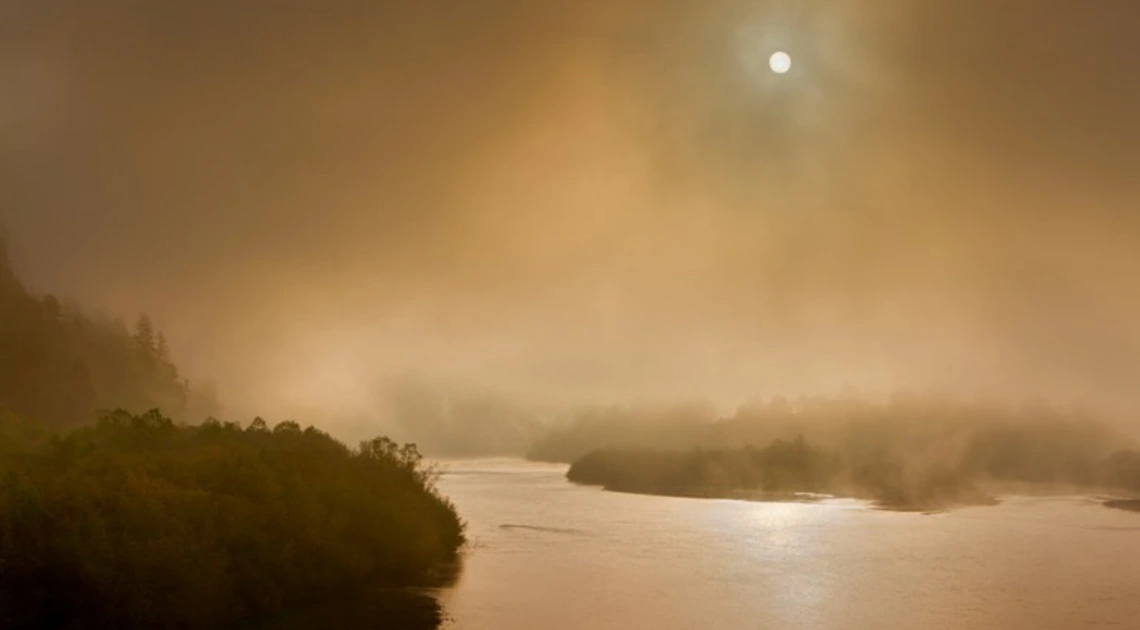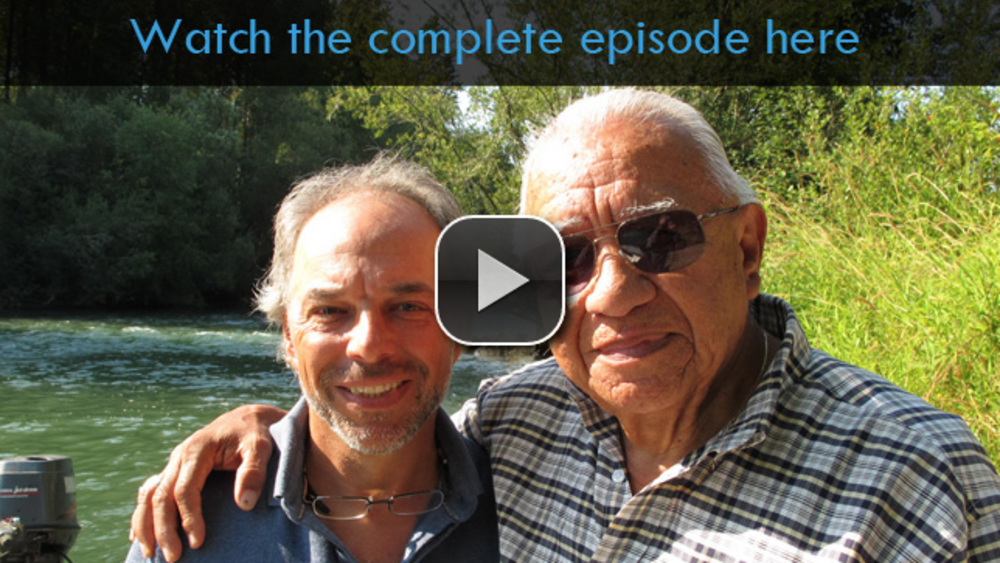This summer, the Yurok Tribe declared rights of personhood for the Klamath River — likely the first to do so for a river in North America. A concept previously restricted to humans (and corporations), “rights of personhood” means, most simply, that an individual or entity has rights, and they’re now being extended to nonhumans. The Yurok’s resolution, passed by the tribal council in May, comes during another difficult season for the Klamath; over the past few years, low water flows have caused high rates of disease in salmon, and canceled fishing seasons.
Additional Information
Smith, Anna V. The Klamath River Now Has the Legal Rights of a Person. High Country News. Sept. 24, 2019. Accessed Oct. 22, 2019. https://www.hcn.org/issues/51.18/tribal-affairs-the-klamath-river-now-has-the-legal-rights-of-a-person...



